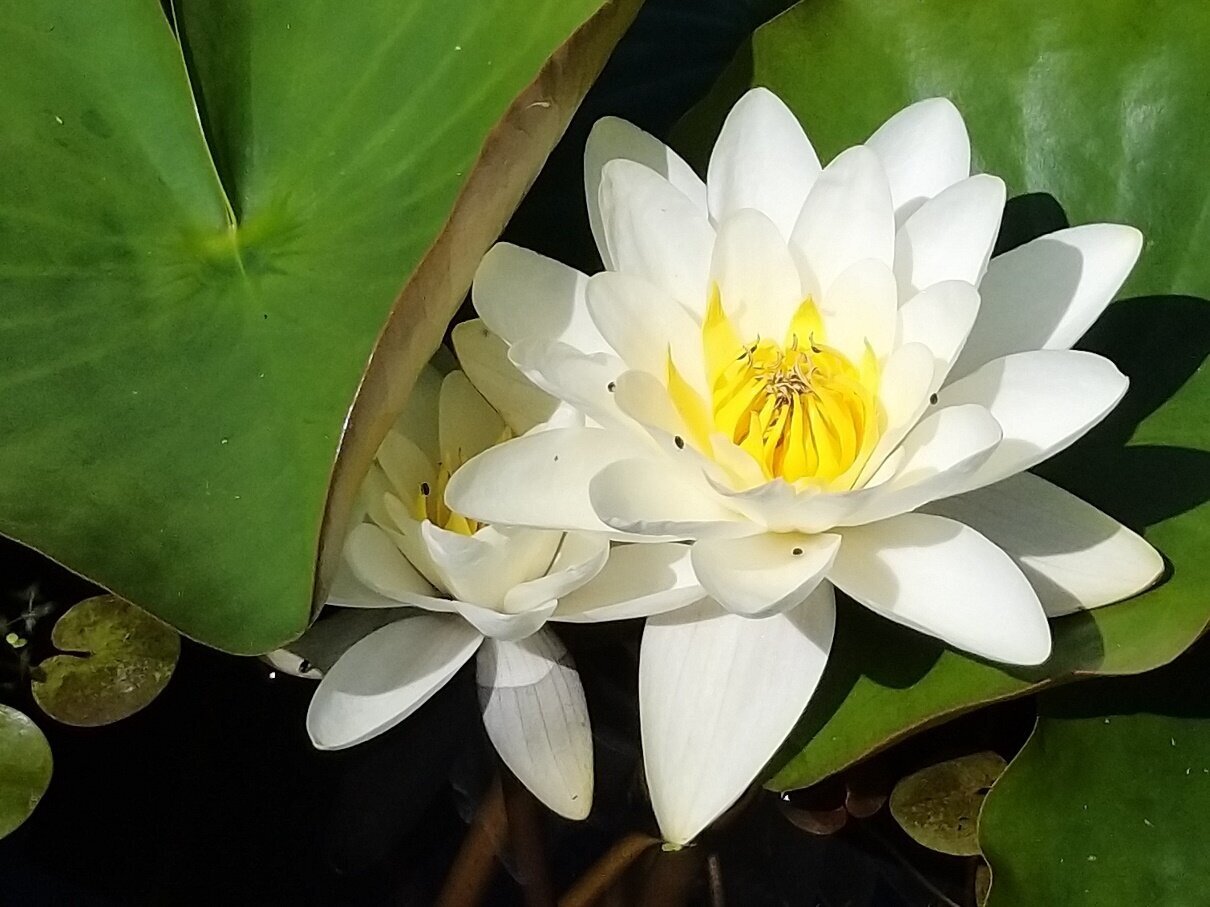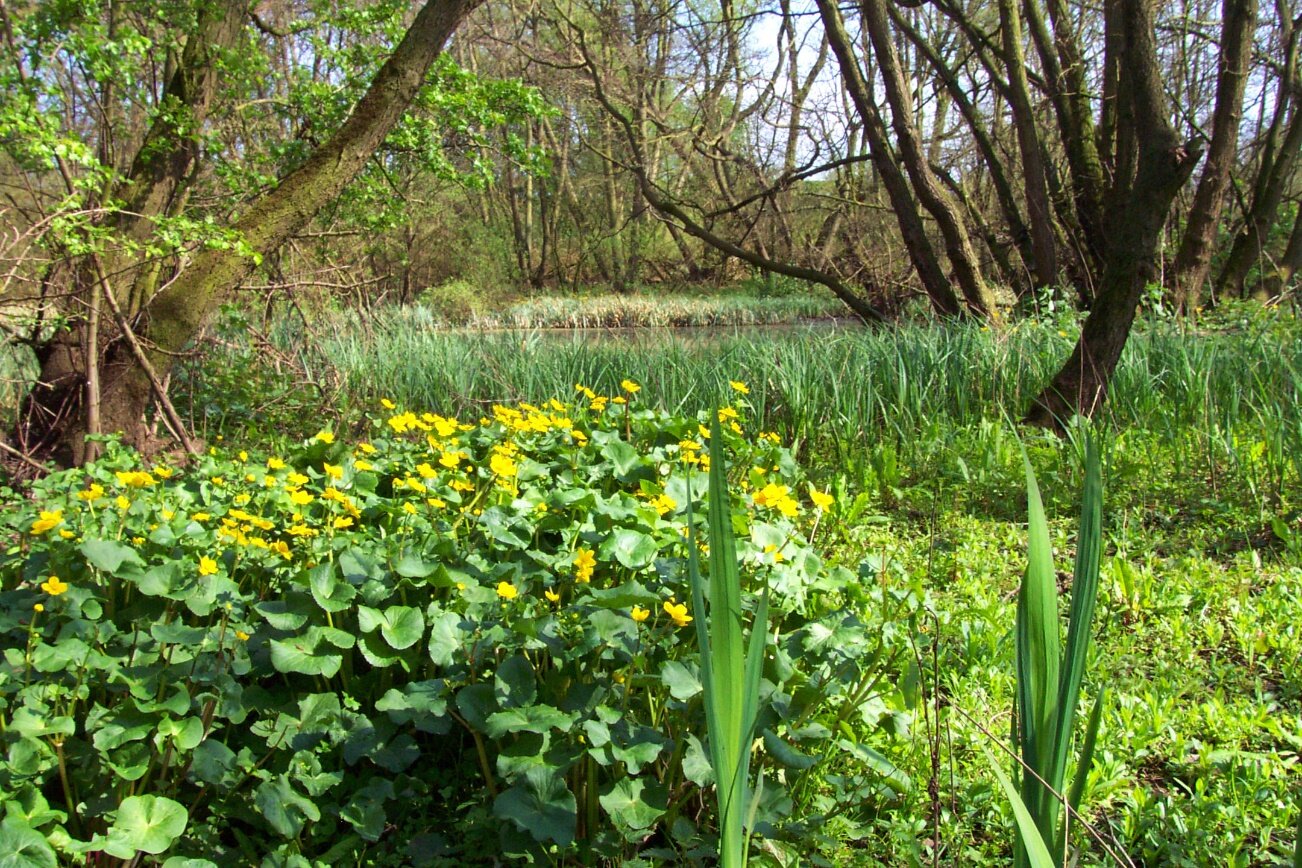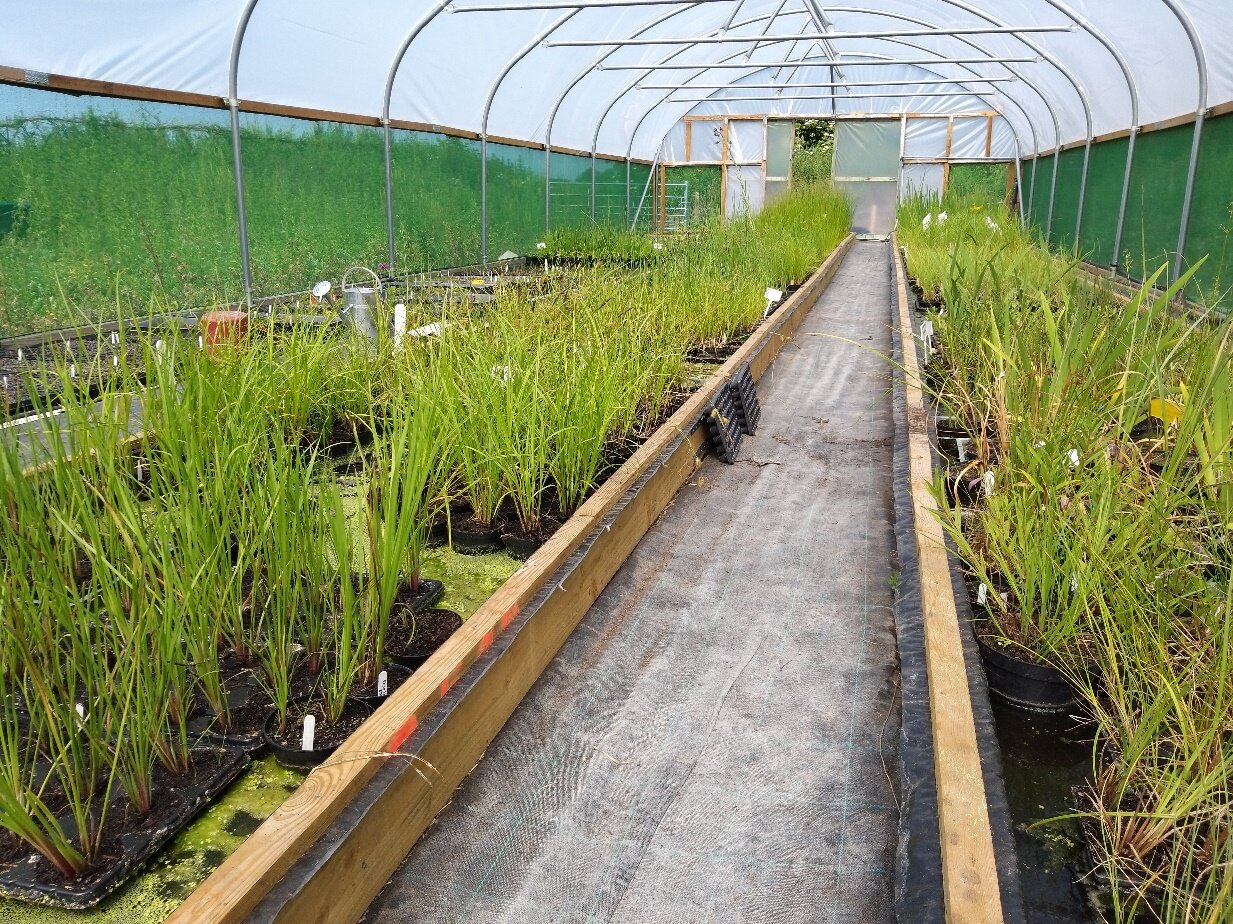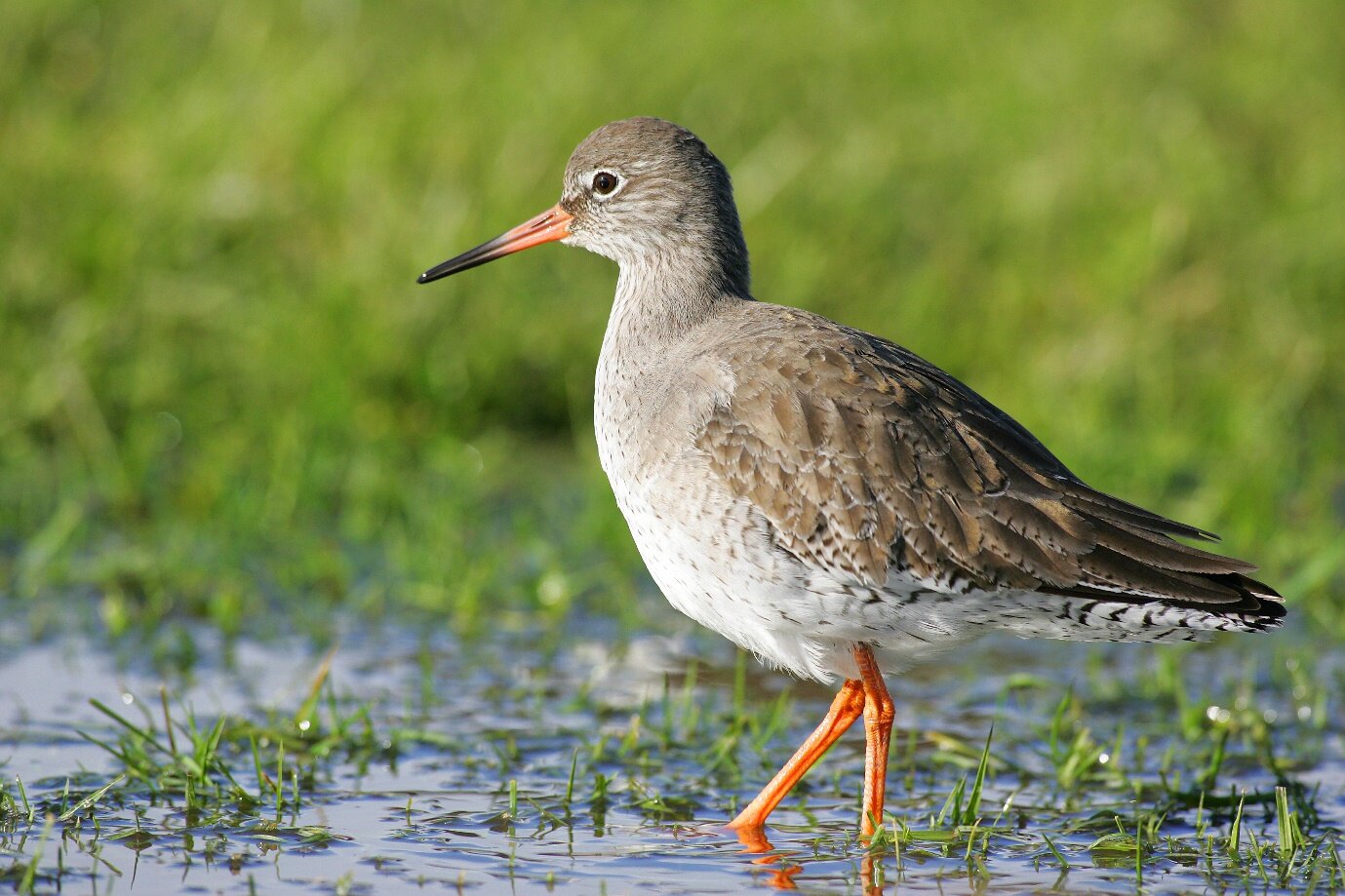Lower Ure Conservation Trust receives grant from the government’s Green Recovery Challenge Fund
Lower Ure Conservation Trust receives grant of £132,800 from the government’s Green Recovery Challenge Fund
The Lower Ure Conservation Trust Swale and Ure Washlands project is one of the first environmental projects awarded a grant from the government’s £80 million Green Recovery Challenge Fund.
68 projects have been awarded grants between £62k and £3.8 million to kick-start a pipeline of nature-based projects while creating and retaining jobs
First funding round sees £40 million pot allocated, second round of funding to open in early 2021
The Department of Environment, Food and Rural Affairs (Defra) announced grants between £62,000 and £3.8 million today, to help create and retain thousands of green jobs. The projects, spread across England, will see trees planted - 800,000 in total - and protected landscapes and damaged habitats such as moorlands, wetlands and forests restored, alongside wider conservation work. The projects will also support environmental education and connecting people with green spaces.
The Lower Ure Conservation Trust is delighted that its award-winning nature reserve at Nosterfield is to benefit from the government’s £40 million Green Recovery Challenge Fund, announced today (Thursday, 10 December 2020).
A grant of £132,800 will be used to enhance the wildlife of the area and encourage more young people and volunteers to get involved in saving threatened habitats.
Defra announced in September it wanted to help the nation build back greener after the Covid-19 pandemic and invited applicants from across the country to propose innovative ideas to help achieve this.
The 250-acre nature reserve at Nosterfield is one of the premier wetland havens in North Yorkshire and situated in the Swale/Ure Washlands between Ripon and Bedale.
The LUCT’s director Simon Warwick said that the money would be spent on creating new habitats, to make the reserve even better:
“We know that many of the wetland habitats that existed in North Yorkshire two and three hundred years ago are now very rare. Many of the meadows and mires that existed in abundance have been obliterated. Land has been drained and dug up. We are recreating some of those habits here at Nosterfield and this grant will help to significantly increase the scale of our work.”
Central to the scheme will be the appointment of a project officer, and upgrade of volunteer facilities as well as involving more people in practical conservation work, with particular opportunities for student placements and training.
Developed from disused sand and gravel quarry workings, Nosterfield Nature Reserve is home to important breeding populations of birds such as lapwing, curlew, redshank and avocet as well as numerous orchids and rare invertebrates.
In a survey conducted two years ago more than 1,100 species of animals, birds, insects and plants were recorded on the site in a single 24-hour period, proving it to be one of the most wildlife-rich areas of the country.
A thriving rare plant nursery has been established at Nosterfield where up to 10,000 plants are now ready to be transplanted. Work to plant rare sedges and bog-loving flowers for water retention and carbon capture helps to mitigate the damaging effects of climate change. The grant from the Green Recovery Challenge Fund will fund the resources needed to achieve this.




About the Green Recovery Challenge Fund
The Green Recovery Challenge Fund is a key part of Prime Minister’s 10 Point Plan to kick-start nature recovery and tackle climate change. The fund is being delivered by the National Lottery Heritage Fund in partnership with Natural England and the Environment Agency.
Environment Minister, Rebecca Pow, said:
“These projects will drive forward work across England to restore and transform our landscapes, boost nature and create green jobs, and will be a vital part of helping us to build back greener from coronavirus.
“I look forward to working with environmental organisations as these projects help address the twin challenges of biodiversity loss and climate change, while creating and retaining jobs as part of the green recovery.”
Ros Kerslake, Chief Executive, National Lottery Heritage Fund, said:
“Supporting our natural environment is one of the most valuable things we can do right now. All these projects are of huge benefit to our beautiful countryside and wildlife, but will also support jobs, health and wellbeing, which are vitally important as we begin to emerge from the coronavirus crisis.”
The government’s forthcoming Environment Bill puts the environment at the centre of policy making to ensure that we have a cleaner, greener and more resilient country for the next generation. The fund is supporting a range of nature conservation and recovery and nature-based solutions projects, which will contribute towards government’s wider 25 Year Environment Plan commitments, including commitments to increase tree-planting across the UK to 30,000 hectares per year by 2025.

